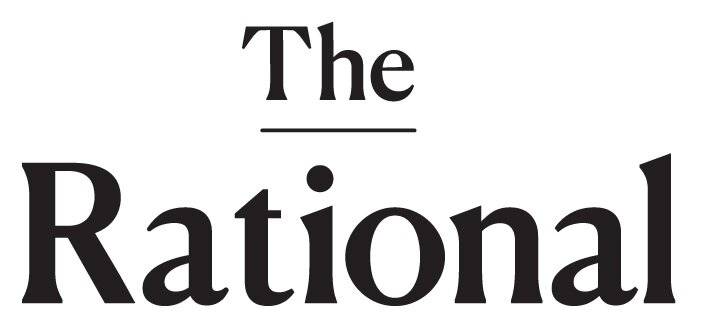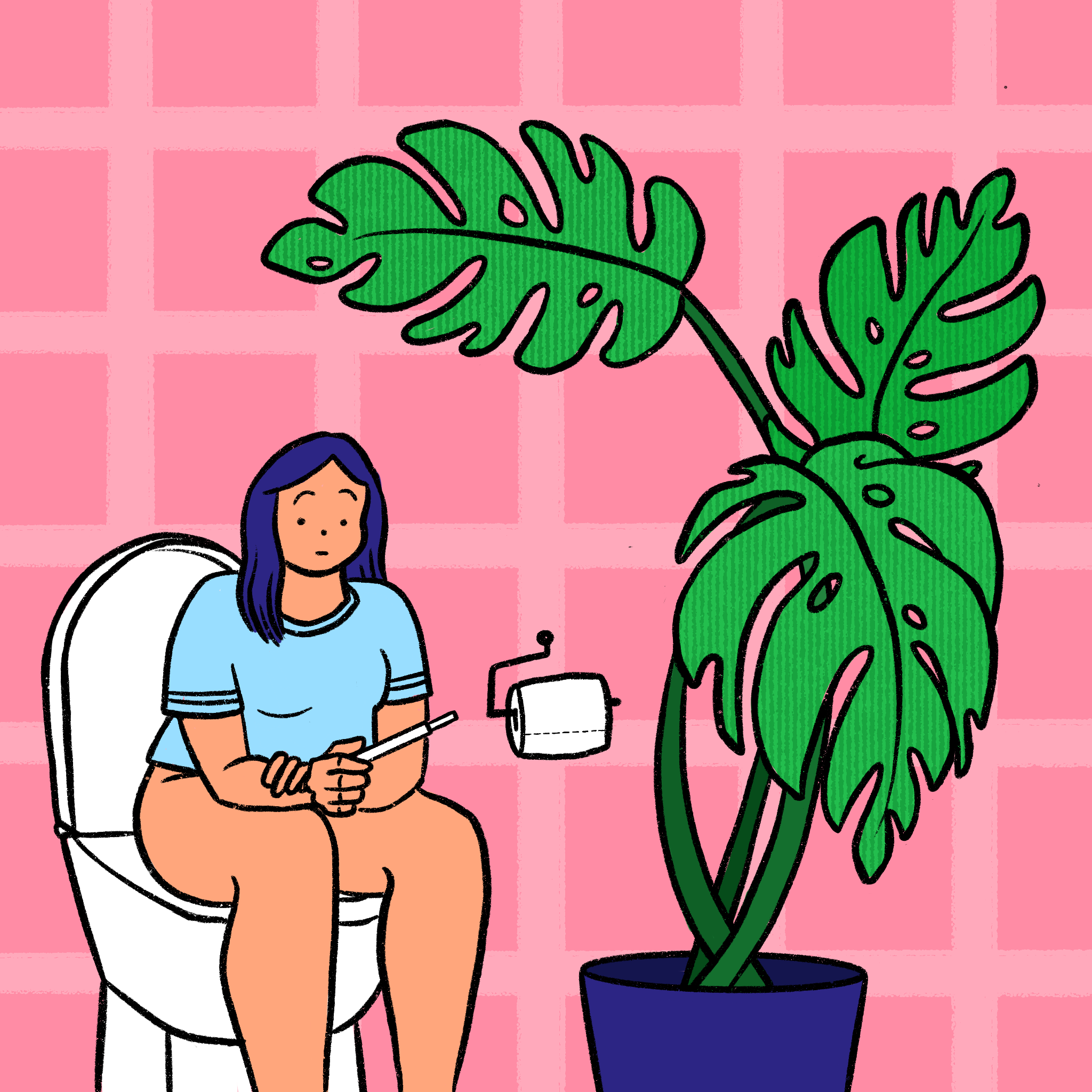Ukrainian Media Is Just Another Rich Man’s World
Can press freedom exist when oligarchs own the airwaves?
Credit:
Ukraine’s media sector throughout the country’s history of independence has been heavily dominated by oligarchs. But unlike how ABBA sang it in their 1976 hit, this rich man’s world is anything but funny.
“One of the biggest problems is that most Ukrainian media belong to oligarchs who have certain interests in politics,” says Natalya Ligacheva, the chief editor of the Ukrainian media watchdog detector.media. According to the Institute of Mass Information (IMI), the 10 most popular Ukrainian TV channels are owned by politicians or oligarchs with political ties. “Oftentimes, this hinders objectivity, including of the investigative projects that are screened on these TV channels…The owner’s impact on the editorial policies of their TV channels is very big and it can either be purely to do with the owner’s interests in business or his interests and connections in politics.”
These organizations often manipulate facts, Ligacheva continues. “They disseminate fake information and don’t follow journalist standards. If earlier, a certain impatience existed from those who fought against the censorship - impatience towards the violation of journalist standards - now, the journalists of these publications think that it’s completely fine to violate journalist standards, while at the same time claiming that they’re being pressured, and that the freedom of speech does not exist in this country.”
Contentious history
Ukraine is currently ranked 101st out of 180 countries in terms of freedom of the press. The source’s color system indicates that this is a “problematic” climate for journalists. Most recently, Ukrainian-Belarusian journalist Pavel Sheremet, was killed on his way to work in the summer of 2016 after his car exploded in downtown Kyiv. For many journalists, his murder was a signal to challenge the government to action.
“Sheremet’s case is not about quantity. He is one of a kind, and we see that his murder is not being investigated at all, there is no progress,” says Angelina Kariakina, Editor-in-Chief at the independent Ukrainian TV channel, Hromadske. The nearly two years of official investigation into his murder brought no result, while at the same time have raised concerns among some experts and journalists on whether the government and the law enforcement are trying to cover up for someone.
This notion is particularly apparent in light of the recent news of the government’s sting operation to uncover a large-scale assassination ploy on a whopping 30 people, which included Russian opposition journalist Arkady Babchenko. Ukrainian President Petro Poroshenko (perhaps, rightfully) patted himself on the back for what in his words was a “flawless operation,” but journalists and media experts were less than convinced about the logic of it.
“Some journalists are angry, they say ‘good job, guys,’ but what about Pavel Sheremet whose murder was not staged? What about the physical attacks on journalists that were not staged?” I explained the reaction to Canada’s CTV News Channel on May 30.
Forget censorship. In Ukraine, there’s “self-censorship.”
Otar Dovzhenko has been teaching journalism to Ukrainian youngsters for over six years. “I keep thinking how much better it would be if students learning journalism [in Ukraine] could follow professional standards and work on improving their craft instead.”
Dovzhenko argues that because journalists in Ukraine have to “constantly search for their place in the sun and prove themselves to other people,” they have no time and energy left to directly focus on improving their professional skills.
Dovzhenko states that quality journalism in Ukraine can either exist very temporarily (“until somebody closes them down”), be something very niche or exist in “ongoing battles and feuds.” “Personally, I find this very upsetting,” he shares.
Kariakina says that she can’t say that there is “direct evident censorship,” but certain actions carried out or encouraged by the government lead to another “scary phenomenon.” Namely, self-censorship.
“We, the journalists working for independent publications, have to constantly face the officials telling us how we should do our job,… When we ask for a reaction to a certain high-profile investigation, they tell us that it’s all ‘fake news’ and [covering it] will only benefit Russia and the Kremlin… This leads to some journalists starting to debate whether they should take up a certain topic when it is likely to cause conflict, public disapproval, or accusations of ‘working for the enemy.’”
“It’s a complex problem,”she adds. In her opinion, Ukrainian officials just don’t understand what the role of the media is and treat journalists as their “personal staff.”
“They also condone the bullying of those journalists who criticise [the government] in all the ways they can… In the past four years, cyberbullying has actually become very popular in Ukraine: there are entire social media bullying campaigns performed on journalists.” These attacks are even worse if you’re a female, Kariakina adds.
All’s fair?
As a country with an ongoing war, Ukraine also had to resort to some measures, which got international watchdogs speaking. In March 2017, the government blocked several Russian social media accounts and websites among other Russian companies and individuals. At least 19 Russian news sites were on the list of 1,228 people, and 468 companies were targeted by new sanctions.
Reporters Without Borders (RSF), along with a few other international organizations, immediatelystated a condemnation of the ban imposed by the Ukrainian authorities, calling it a “disproportionate measure that seriously undermines the Ukrainian people’s right to information and freedom of expression.”
However, Ligacheva believes that when it comes to a hybrid information war, prevention is better than cure. “Since we had already recognized Russia as an ‘aggressor country,’ we have the right to defend ourselves.”
“I think that gradually other countries will implement a similar policy,” she continues. “We already see this happening in France and Germany… I think this trend will only develop further because the level of resources that Russia puts into disinformation and into leading the hybrid information war across the entire world is just beyond [any standards].”
Ligacheva says that perhaps it’s a sad concept but “practice shows that restrictions are quite an effective defense tool in an information war.”
“If we didn’t ban, we’d have to invest large amounts of money into disproving propaganda… And by the time we disprove these manipulations, they will already have reached millions of people. Are these people likely to then read the disproving? We don’t know.”
Ligacheva predicts that Russian media bans will become a widespread trend around the world.
Hopes for an independent public broadcaster
High hopes exist for the success of a public broadcasting channel in Ukraine, like that of the BBC in the United Kingdom. Fully establishing one has proven to be no mean feat. Suspilne TV (which translates to “Public TV”), for example, has already launched, but the reforms within it are still undergoing.
“It’s one huge complex system inherited from the Soviet Union, with one big staff team,” Kariakina says. “An audit process needs to be carried out there to decide whether [these people] need to stay or go. And if they stay, what for?”
Suspilne’s biggest threat is the government deciding not to fund it properly, which would result in the organization having to cease its existence. Unlike some other countries, Suspilne is dependent on state funds only.
“The people who are in charge of the state budget can decide any minute that they don’t need and don’t want Suspilne. And we already saw it a couple of times when [the question of funding] was used as a tool of influence on Suspilne TV; their budget was simply cut. As a result, reforms couldn’t be carried out and strategic decisions couldn't be implemented.”
Kariakina sees Suspilne as a touchstone of whether the government wants to see independent media in Ukraine.
“If Suspilne manages to reach strategic goals set by its team – such as the restoration of the news service and the regional network – then we’ll be able to say that yes, this reform has been successful,” she says casting doubts that this will happen.
Looking ahead
Ligacheva says that the task of journalists who work in progressive, “more or less objective media” is to “unite around one slogan, which is that standards are important.” Kariakina shares a similar notion. “What Ukrainian journalists are lacking today is solidarity,” she says. “During [fugitive Ukrainian president Viktor] Yanukovych’s times, the enemy was obvious – the authoritarian or semi-authoritarian leader, who raids, controls and imposes censorship. Today’s government, on the contrary, came in on a positive note, through the Euromaidan revolution and is seen as a ‘revolutionary government.’”
“No matter who is in power, our task is to point out their failures, power abuse, violations, and wrongdoings.” But in the meantime, both Ligacheva and Kariakina think that the press freedom situation will get worse in the wake of the upcoming 2019 presidential election. “I can’t say it’s going to get better this year,” Ligacheva says. “We’ll have elections, and during the elections, we’ll have a lot of paid journalism, mud-slingling, both from the government and from the opposition side. Therefore, I’m not expecting an improvement [just yet].”






















